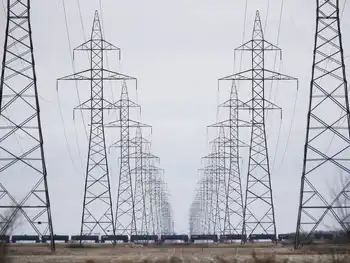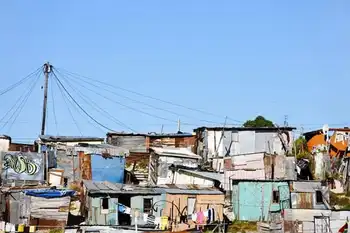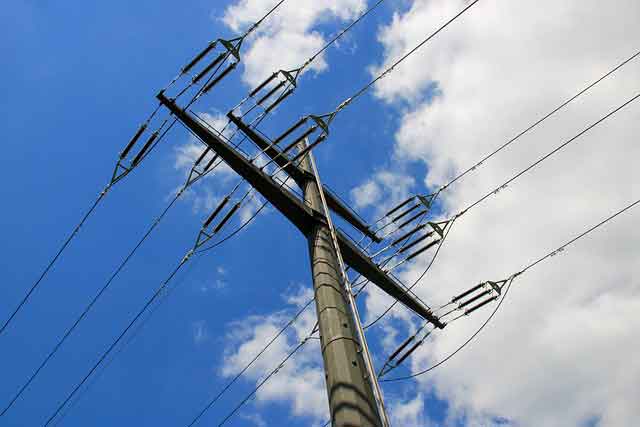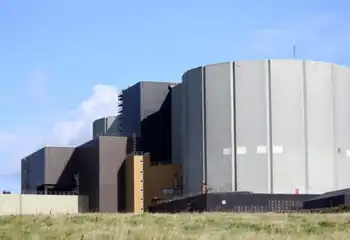BC Hydro makes business case for digital power meters
By Vancouver Sun
Arc Flash Training CSA Z462 - Electrical Safety Essentials
Our customized live online or in‑person group training can be delivered to your staff at your location.

- Live Online
- 6 hours Instructor-led
- Group Training Available
According to a smart meter 'business case' recently released, the British Columbia utility estimates that adopting the high-tech metering system has a positive value of $520 million through 2033.
Hydro plans, which has more than 1.5 million customers, will begin installing the meters this year and will complete the installation in 2012 at a total estimated cost of $930 million.
The meters are digital devices that allow two-way communication between a customer's meter and BC Hydro through a secure connection.
Benefits for the Crown corporation include faster response to electrical outages, greater ability to detect electricity theft, reduced electricity waste, and more efficient power system management according to the study.
Hydro expects the devices will boost the efficiency of its power distribution system, reducing operational costs and streamlining the system in a way that reduces overall electricity consumption.
Automated meter reading will save $222 million. Hydro calculates electricity savings from theft detection at $732 million.
Theft, often related to marijuana growing operations, strains Hydro's power distribution system and causes the premature failure each year of an estimated 100 transformers.
"BC Hydro's electricity system, including the current base of electromechanical meters, has changed very little over the past 50 years," the study said. "Upgrading to a smart metering system is a key foundational step in modernizing BC Hydro's overall electricity system."
Benefits for consumers include faster response to electrical outages and an opportunity to install in-home devices that will interact with the meters to report on how much power is being consumed, and help consumers fine-tune electricity consumption and potentially save money.
According to the study, consumers in some California markets where smart meters have been introduced have lowered their power consumption 6.5 per cent when using in-home interactive devices.
Many jurisdictions have made those devices mandatory, but Hydro states that it will not.
About 80 per cent of the payback to Hydro will come from its own operational efficiencies. That's enough to justify the cost of the program according to the study, even if consumers do not install in-home devices, the study said.
Meter installations will commence mid-year, with consumers receiving information packages in advance. Hydro will also issue rebates for "a basic in-home display device."
"Today, BC Hydro's meters provide a one-way flow of information [from the customer to the utility] that is very basic and not timely. For example, residential and commercial customers might be surprised to learn that BC Hydro does not know of outages until, and unless, customers call to tell us the power is out."
The study says that modernizing British Columbia's electricity system will also ensure that advances in technology can be accommodated.
"Without new investment in technology and systems the 20th century electricity system will be unable to support 21st century innovations such as solar panels, electric vehicles and increased customer service options."
Some other jurisdictions introducing smart meters have simultaneously introduced more complex electricity rate structures - such as raising and lowering the price of power each day to reflect overall demand.
Hydro indicates it is considering introduction of variable electricity rates but won't take action until consumers have had time to adjust to digital metering.
In some jurisdictions, according to the study, consumers attributed a sudden jump in electricity bills to the installation of smart meters - Hydro says the actual reason some bills jumped is because the installations coincided with weather patterns that caused power consumption to jump.











